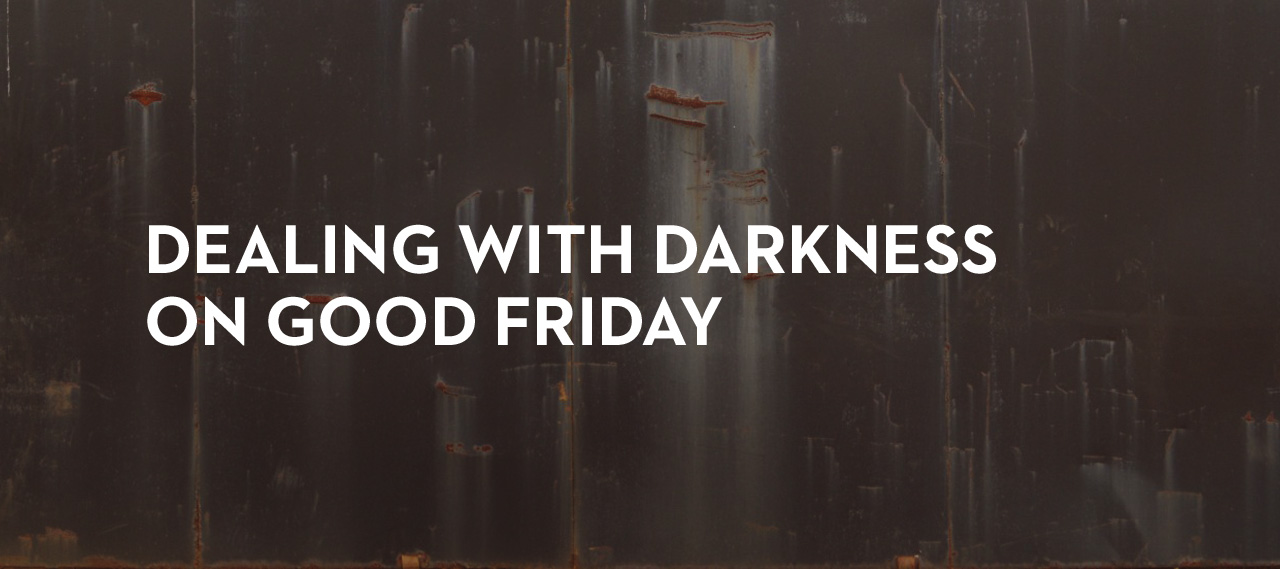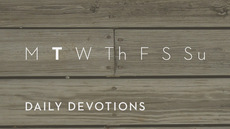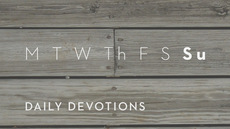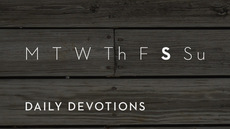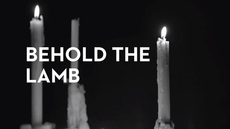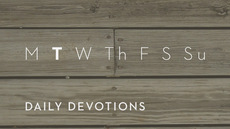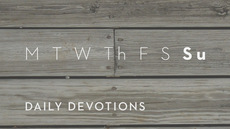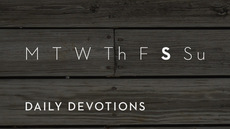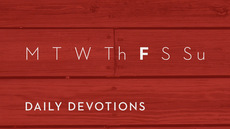"I have come into the world as light, so that whoever believes in me may not remain in darkness.” John 12:46
The contrast of light and darkness is a repeated biblical theme. Light is used to describe the very character of God. It shows his desire to be known by people, whom the Bible describes in their natural state of being passive aggressively ignorant of him, or in darkness.
Light is easily seen in the darkness, and it’s about God’s essence. It’s his means of communicating that he is as different from us as light is from darkness. He is perfect and pure and right in everything he is and does. He is holy! We are flawed and sinful and selfish in all we are and do apart from him. We are unholy! Light and darkness don’t coexist in the same space.
Jesus speaks good news to us in John 8:12 when he says, “I am the light of the world. Whoever follows me will not walk in darkness, but will have the light of life.” Jesus both exposes darkness and ends darkness in the lives of his followers. He does this by giving them light as a free gift, which is eternal life.
This brings us to the theme of darkness on Good Friday. It was a dark day indeed when God in human form, Jesus, was murdered on account of our sin. Yet even as we commemorate his shameful death, we do so knowing the rest of the story. He rose victoriously from the grave, saved us from darkness and is worthy of our joyful worship.
So how should we approach the theme of light and darkness this Friday as we come together to commemorate his death that liberated us? 1 John 1:5–10 charges us with the following:
“But if we walk in the light, as he is in the light, we have fellowship with one another, the blood of Jesus his Son cleanses us from all sin.” 1 John 1:7
Enjoy the close and reconciled relationship you have with Jesus. Your sin (and his suffering as a result) should not bring distance between you, but should close any gaps that may remain. You have fellowship, or partnership with him, in all of life. He loves you and accepts you. All because of the cleansing ability of his blood shed on the cross for all your sin: past, present, and future.
“If we say we have no sin, we deceive ourselves, and the truth is not in us. . . . If we say we have not sinned, we make him a liar, and his word is not in us.” 1 John 1:8, 10
Now that you can be certain your ugliest sin against Jesus is covered by his very own blood, you can be honest about your darkest thoughts, words, and actions. The easiest person to deceive is you, so be especially honest with yourself. To deceive yourself about your sin is to call Jesus a liar.
“If we confess our sins, he is faithful and just to forgive us our sins and to cleanse us from all unrighteousness.” 1 John 1:9
Lastly, because Jesus has shown his love for you in the shedding of his own blood, you can openly confess your sin to him and others. To confess means simply to agree with Jesus about your sin. Living in his light doesn’t mean that you are practically perfect. It does mean that you can be open and transparent regarding your sins, especially the darkest ones you wish to hide from sight. You no longer have to conceal yourself in the darkness. You can live in the light through confession.
Today is a holy opportunity we have to go to the darkest corner of our hearts—and surrender them to the light.
